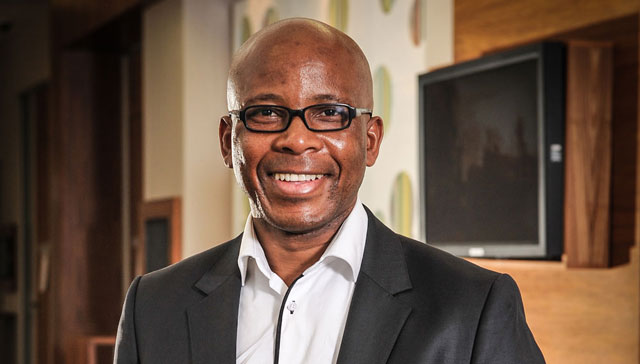
Microsoft plans to work with the CSIR and the State IT Agency (Sita) to launch a trial network in South Africa’s Limpopo province that will test the feasibility of using so-called television white-spaces spectrum to offer more affordable wireless broadband access.
The trial will be the third white-spaces trial that Microsoft is involved in on the African continent, after it launched a network in northwest Kenya in 2012 and after it said last week at a World Economic Forum event in Cape Town that it would run a pilot in Dar Es Salaam in Tanzania.
It will be the second white-spaces trial in South Africa following the recent launch of a similar network in Cape Town that enjoys the support of Microsoft rival Google.
White-spaces technology involves the utilisation of unused television spectrum assigned to broadcasters in the UHF frequency bands for offering wireless broadband services. Proponents say the technology could play a big role in getting the unconnected online.
Microsoft is involved in 23 white-spaces spectrum trials around the world, from Seattle, where it is headquartered, to the Philippines and Vietnam.
Microsoft South Africa MD Mteto Nyati says the plans for the trial in Limpopo are still at the early stages and no agreements have yet been signed. However, Nyati met recently with science & technology minister Derek Hanekom, who has promised to lobby white-spaces technology in government more broadly, including raising the possibilities the technology offers with his cabinet colleagues.
Sita, which is government’s central IT organisation, will provide government services through the trial network, Nyati says.
Microsoft believes it’s possible to deliver 2Mbit/s broadband to end users for as little as US$1,50/month using white-spaces technology, which it says will open up a vast new market. It’s able to do this because it’s slashed the cost of a base station to US$25 000 versus the typical cost for a GSM base station of in the region of $450 000, Nyati says.
In Kenya, Microsoft recently concluded a pilot with Internet service provider Indigo involving 6 000 people in the country’s rural Nanyuki region. This is now being expanded to 68 000 people in the same region, says Microsoft “Africa Initiative” GM Fernando de Sousa. “The Kenyan government wants 80% of the population online through TV white spaces,” De Sousa says.
The Tanzanian network, which Microsoft is building with Internet service provider UhuruOne, will offer Internet access to students and faculty of the University of Dar Es Salaam. Microsoft is working with financial institutions in the country to help students get loans to buy Windows 8-powered hardware. — (c) 2013 NewsCentral Media

